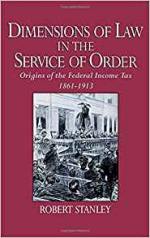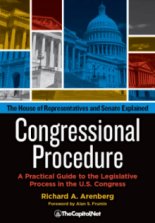The Constitution of the United States: Amendment 18 (Eighteenth Amendment – Prohibition)
The Constitution of the United States: Amendment 18 (18th Amendment) Amendment XVIII. (Prohibition) Passed by Congress December 18, 1917. Ratified January 16, 1919. Repealed by amendment 21. Section 1. After one year from the ratification of this article the manufacture, sale, or transportation of intoxicating liquors within, the importation thereof into, or the exportation thereof … Read more



